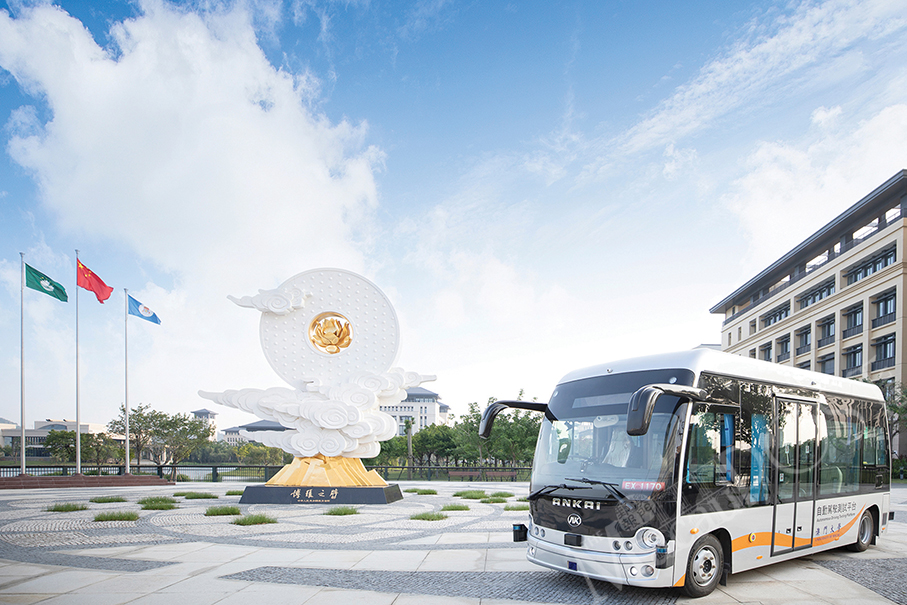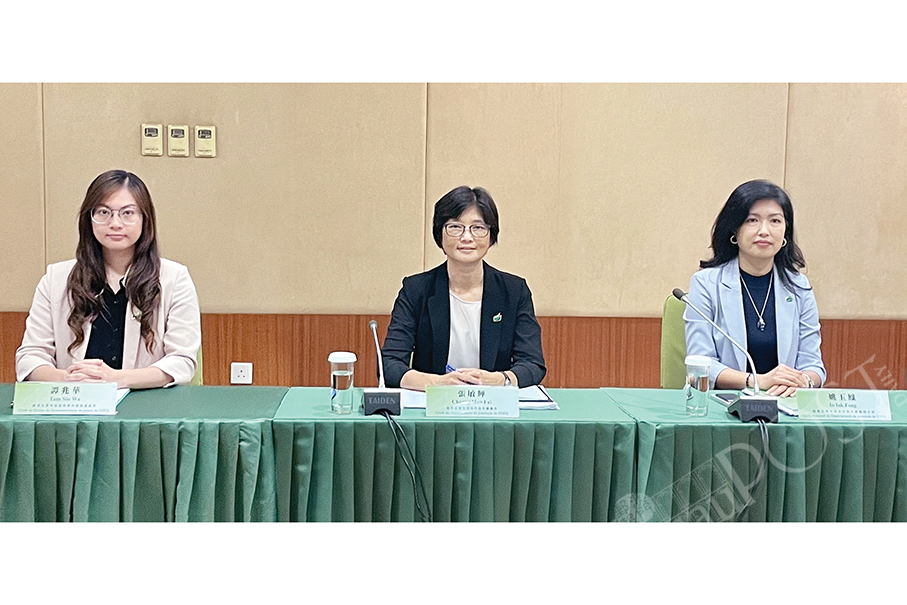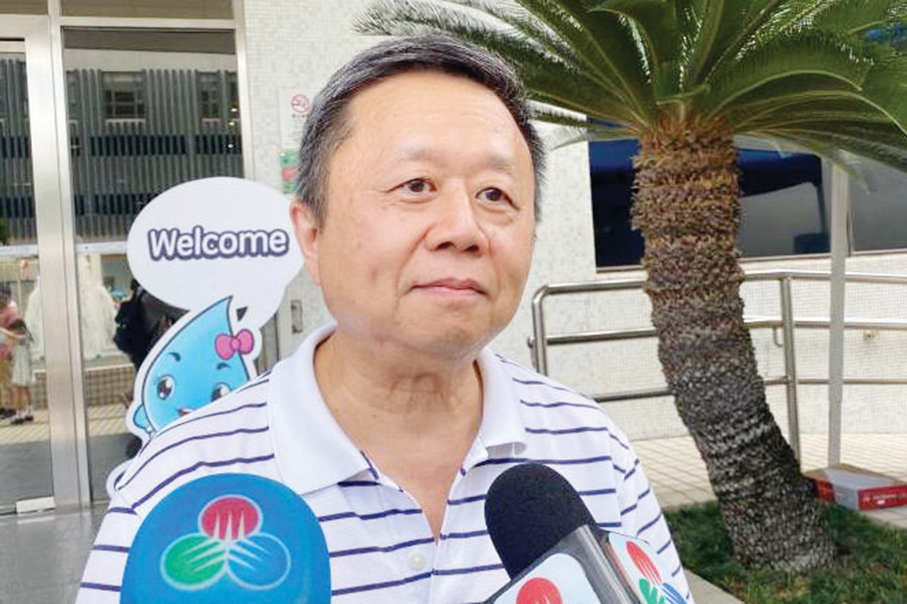The University of Macau (UM) announced in a statement yesterday that it is developing various applications based on Artificial Intelligence (AI) technologies, featuring “a self-driving bus, unmanned marine vessels, industrial robots, image forgery detection, and software for smart tourism”.
With a research team headed by UM Faculty of Science and Technology Dean Xu Chengzhong (aka Cheng-Zhong Xu), the statement underlined that the self-driving project is undertaken by the State Key Laboratory of Internet of Things for Smart City (University of Macau) and its Macau and mainland China partners. The team launched Macau’s first self‑driving bus as a test vehicle at the university with “encouraging results”, the statement said.
Moreover, UM Department of Electrical and Computer Engineering Professor Carlos Silvestre’s team are developing marine vessels able to perform tasks themselves. The statement noted that the team has developed algorithms allowing unmanned surface vessels (USVs) to “avoid obstacles, return to their starting locations when running out of power, and cope with unexpected situations”. The statement added that the team has been designing underwater robots with sonar sensors able to produce high‑resolution underwater images despite low‑visibility conditions.
Meanwhile, Department of Electromechanical Engineering Professor Xu Qingsong (aka Qingsong Xu), is leading a team to build innovative intelligent robots, with Xu having already developed a second-generation disinfection robot called ‘Smart Cleaner’, the statement said. The statement added that Xu’s team is also developing a “next‑generation industrial robot with three‑dimensional visual perception and compliant force control”, with plans to use it in assembling parts of devices, polish cars, and maintain aircraft.
The statement also underlined that Department of Computer and Information Science Associate Professor and interim head of the university’s Centre for Artificial Intelligence and Robotics Zhou Jiantao (aka Jiantao Zhou), developed an algorithm to detect image forgery with the support of UM’s Super Intelligent Computing Centre. Zhou’s team is sponsored by Alibaba to develop an algorithm able to accurately detect forged parts of images, the statement said.
The statement pointed out that UM’s Department of Computer and Information Science Head Gong Zhiguo (aka Zhiguo Gong) and his postgraduate students have designed new algorithms that use social media data to “evaluate tourists’ sentiments to identify their favourite places and activities” in Macau and to “detect and predict emergent events”.

This undated handout photo provided by the University of Macau (UM) yesterday shows the self‑driving bus on its Hengqin campus.






